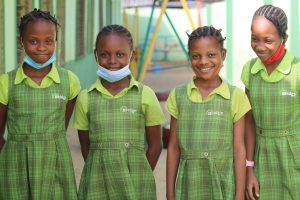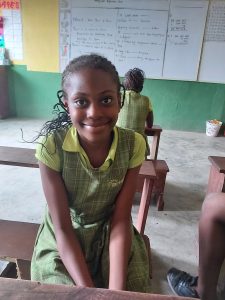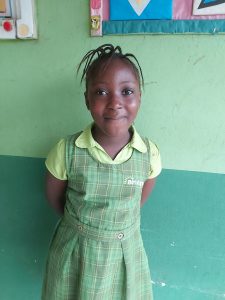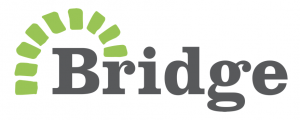Educating and empowering girls and their superpowers for a sustainable future
Educating and empowering the girl child who are the women of tomorrow should not be an option. It should be a norm, a way of life acceptable by all. To promote girls’ rights and highlight gender inequalities in Nigeria and all over the world, the United Nations holds the annual International Day of the Girl Child on October 11. The theme for 2021 is “Digital Generation. Our Generation”.
Over the years, the world has witnessed progress in advocacy for gender equality especially for the female folk with positive results – more girls are in school compared to 20 years ago and a higher number of women occupy key positions in business and public service. However, large inequalities persist in some regions, with women and girls systematically being denied the same rights as men and boys. Sexual exploitation, disproportionate share of unpaid care and domestic work, and discrimination from public office all remain huge barriers that women and girls face.
The COVID-19 pandemic which disrupted the world as we knew it, also rocked education systems across the globe. This saw a move to greater use of digital innovation and technology for improved learning, development, and for accelerating achievement of Sustainable Development Goal 4, to complement traditional physical classroom learning methods for school-aged children. While the pandemic has accelerated digital platforms for learning, earning and connecting, some 2.2 billion people below the age of 25 still do not have internet access at home and girls are more likely to be cut off, according to UNICEF.
The importance of women’s education
The Bridge Nigeria model uses policies and practices that elevate learning of girls, female empowerment and community role models. Through innovative approaches such as gender sensitive instruction in lesson and textbook materials; expecting equal participation through ‘cold calling’ of boys and girls in the classroom and the use of female school leaders as role models – enabling girls to succeed is a carefully designed approach.

Bridge Nigeria believes in the importance of women’s education, and supports thousands of girls to become confident, empowered young women as they progress in learning each and every day, helping them complete primary school; do well in secondary school and university and open up opportunities offering prosperity and success.
As part of activities to celebrate this year’s International Day of the Girl Child, Bridge hosted some successful women leaders to inspire pupils to dream and reach for the stars, and further enlighten them that every child has the right to be in charge of their future and to be successful in any career of their choice. For Bridge girls and other young Nigerian girls and women, by empowering women with the successes recorded by the women leaders and global recognition is a reassurance that they can dream and aspire to reach the peak of their sector.
Women’s education in Nigeria: real life stories

Primary 6 pupil, Elizabeth Williams-Charles
10-year-old Elizabeth Williams-Charles is a Primary six pupil who loves to be in school learning new things with her friends. Unlike most children, Elizabeth loves mathematics and sees it as interesting and fun. When asked what she would like to be in the future, she didn’t think twice or bat an eyelid before answering. She hopes to become a pilot in the future and hopefully fly her parents.
Apart from reading her books, Elizabeth likes singing during her space time. Her best musician is Osinachi Kalu Okoro Egbu, known professionally as Sinach, a Nigerian singer and songwriter.

Grace Odoma
Grace Odoma is a 10-year-old girl who wants to become a doctor in future. Grace’s journey demonstrates the importance of women’s education. Grace who loves reading said her decision to become a doctor started when she read about the life and times of Chief Abimbola Elizabeth Awoliyi, the first woman to practise as a physician in Nigeria. Awoliyi was also the first West African woman to earn a license of Royal Surgeon in Dublin. The late physician attended Queens College, Lagos, a school that Grace is hopeful to attend for her secondary school education.
Girls and boys should aspire to be whatever they want and be supported to achieve their dreams. Bridge is helping to build a prosperous future by creating classrooms and schools with equity of opportunity. Empowering women and girls is integral to each of the UN’s 17 Global Goals, but particularly Goal 5 for gender equality. Bridge’s message on the occasion is that every girl has the right to be in charge of her future and fate, and we all have the collective obligation to protect her rights and promote her wellbeing.

